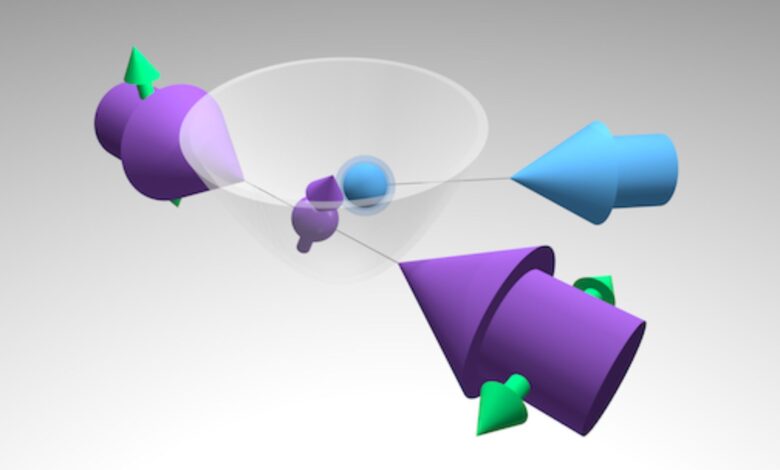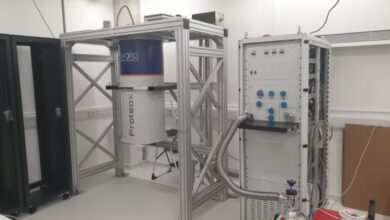Researchers Achieve Breakthrough in Quantum Simulation of Molecular Electron Transfer

Scientists have reached a critical milestone in the field of quantum computing by successfully simulating molecular electron transfer processes, a development that promises to revolutionize chemistry, materials science, and pharmaceutical research.
Unlocking the Mysteries of Molecular Dynamics
Electron transfer, a fundamental chemical process that underpins everything from photosynthesis to energy storage, has long been a challenge to model accurately. Conventional computers struggle with the immense complexity of quantum mechanical interactions that govern such processes. Quantum computers, leveraging their unique ability to process information in superposition states, are poised to overcome these limitations.
In a recent study, researchers employed advanced quantum algorithms to simulate electron transfer in small molecules with unprecedented precision. These simulations provide critical insights into the behavior of electrons during chemical reactions, offering a new lens through which scientists can study molecular dynamics.
The Role of Quantum Computing
Unlike classical computers, which encode data in binary bits (0s and 1s), quantum computers use qubits that can represent 0 and 1 simultaneously. This quantum parallelism enables the simulation of complex quantum systems, such as electron interactions, far more efficiently.
“This breakthrough demonstrates the power of quantum computing in tackling problems that are practically unsolvable with classical methods,” said Dr. Eleanor Smith, a quantum chemist and lead author of the study. “We’re now able to simulate molecular processes with a level of detail that was previously out of reach.”
Implications Across Industries
The ability to accurately model electron transfer processes could have far-reaching implications:
Drug Discovery: By understanding how molecules interact at the quantum level, researchers can design more effective drugs with fewer side effects.
Energy Storage: Improved simulations can lead to the development of next-generation batteries with higher efficiency and capacity.
Material Science: Insights into molecular behavior could drive the creation of innovative materials with tailored properties.
Challenges and Next Steps
While the progress is significant, challenges remain. Quantum hardware is still in its infancy, with current systems limited by noise and qubit coherence times. Scaling these simulations to larger, more complex molecules will require further advancements in quantum hardware and algorithms.
“This is just the beginning,” Dr. Smith noted. “As quantum technology matures, we anticipate even more groundbreaking discoveries that will reshape science and technology.”
A Quantum Leap Forward
The achievement marks a pivotal moment in the application of quantum computing to real-world problems. By bridging the gap between theoretical chemistry and experimental validation, researchers are paving the way for a new era of scientific discovery.
The study has been published in the journal Quantum Chemistry Advances and is already garnering attention from both academia and industry for its transformative potential.




